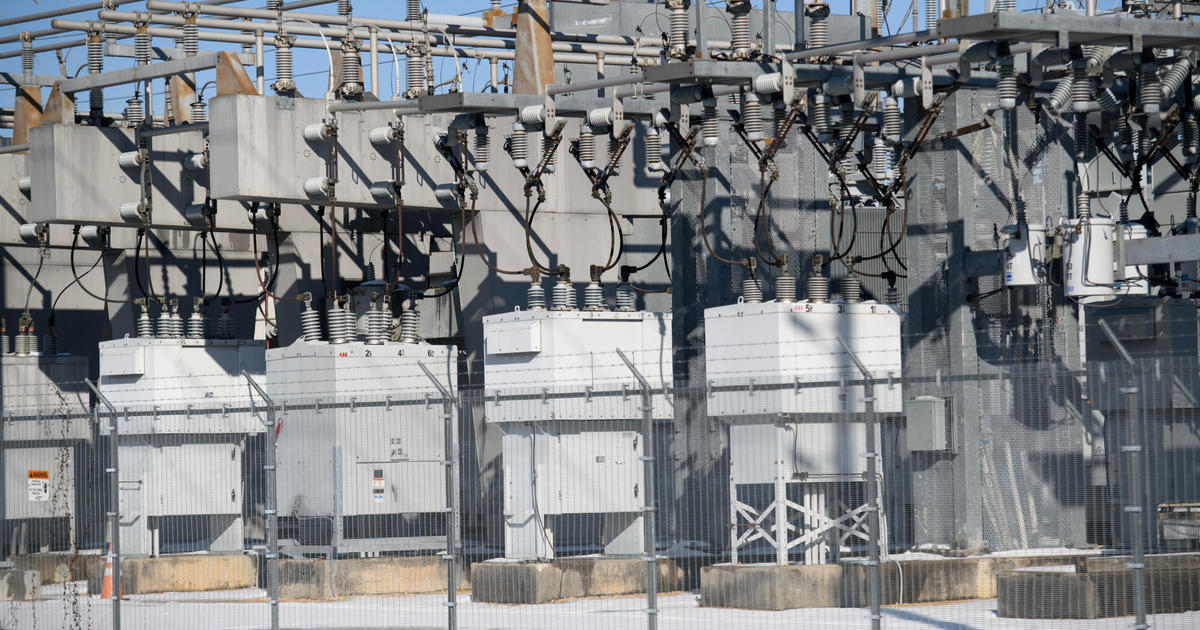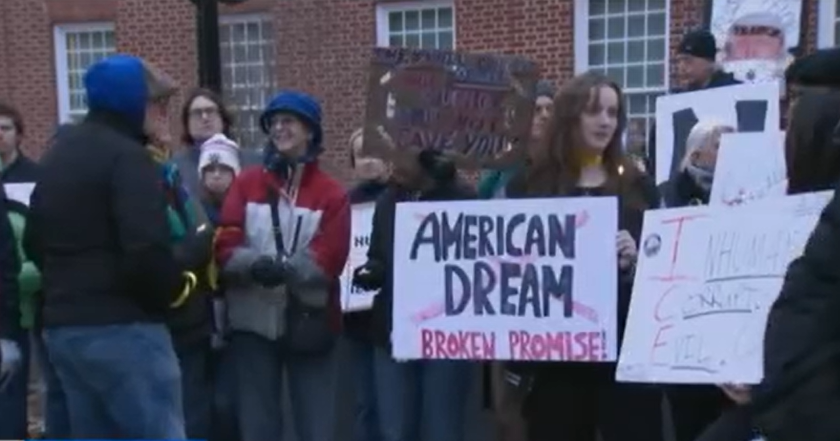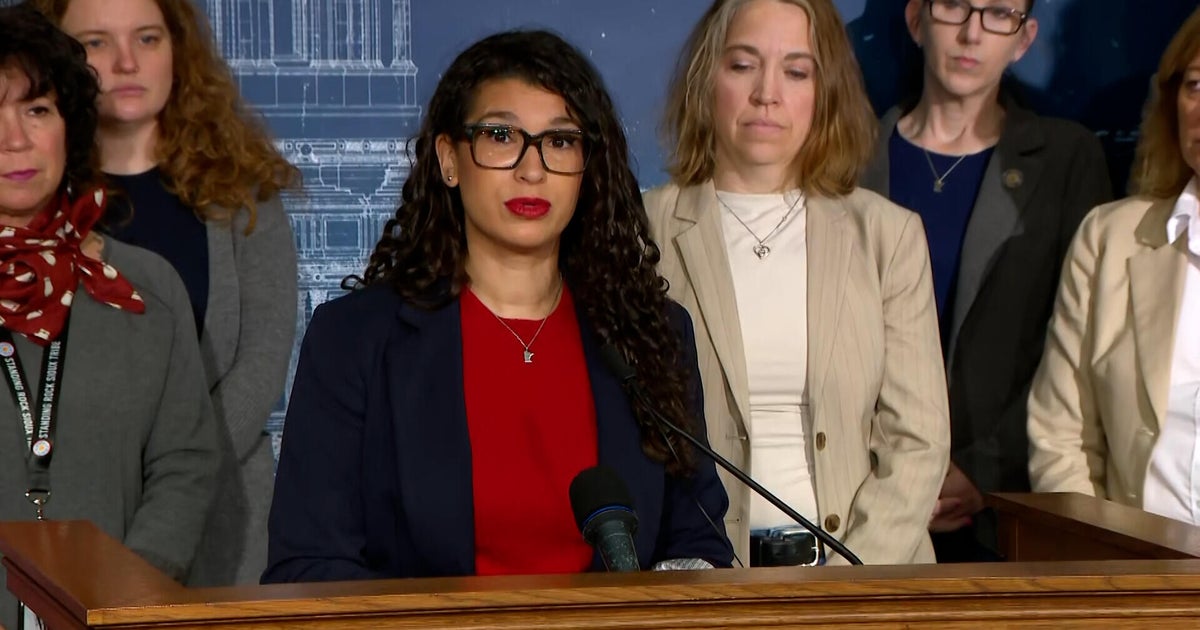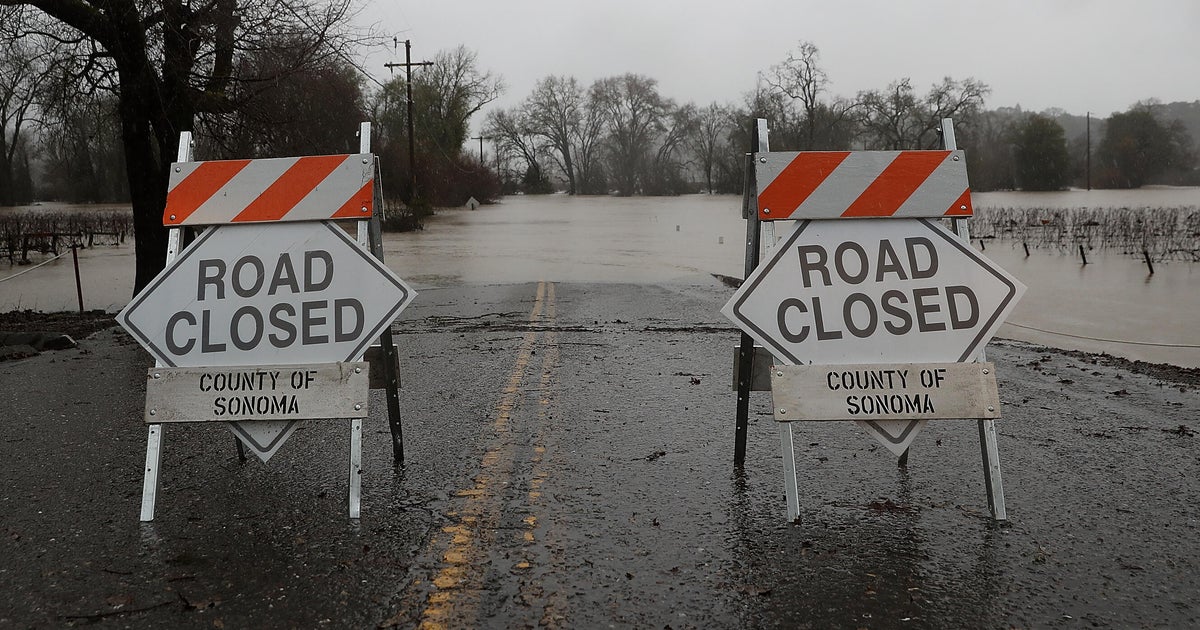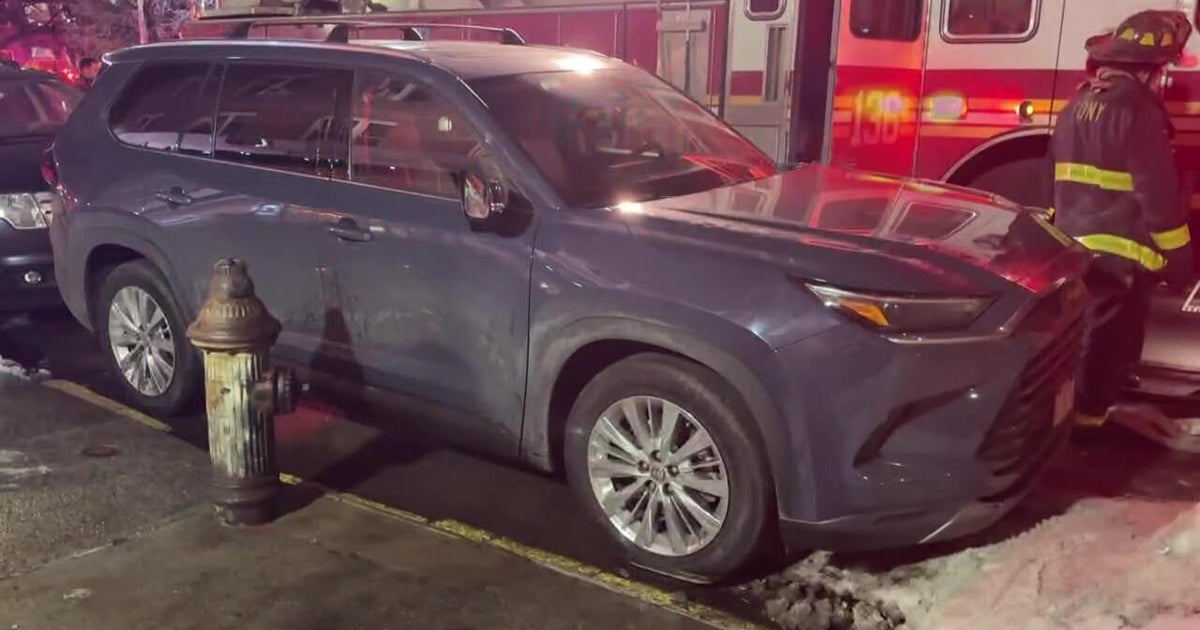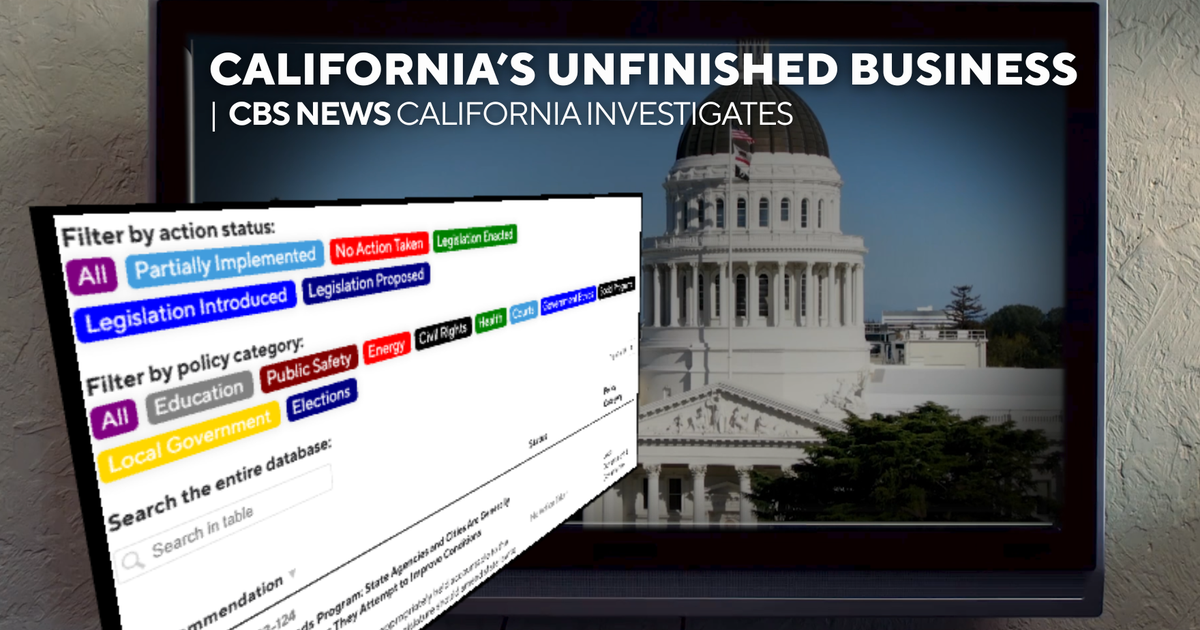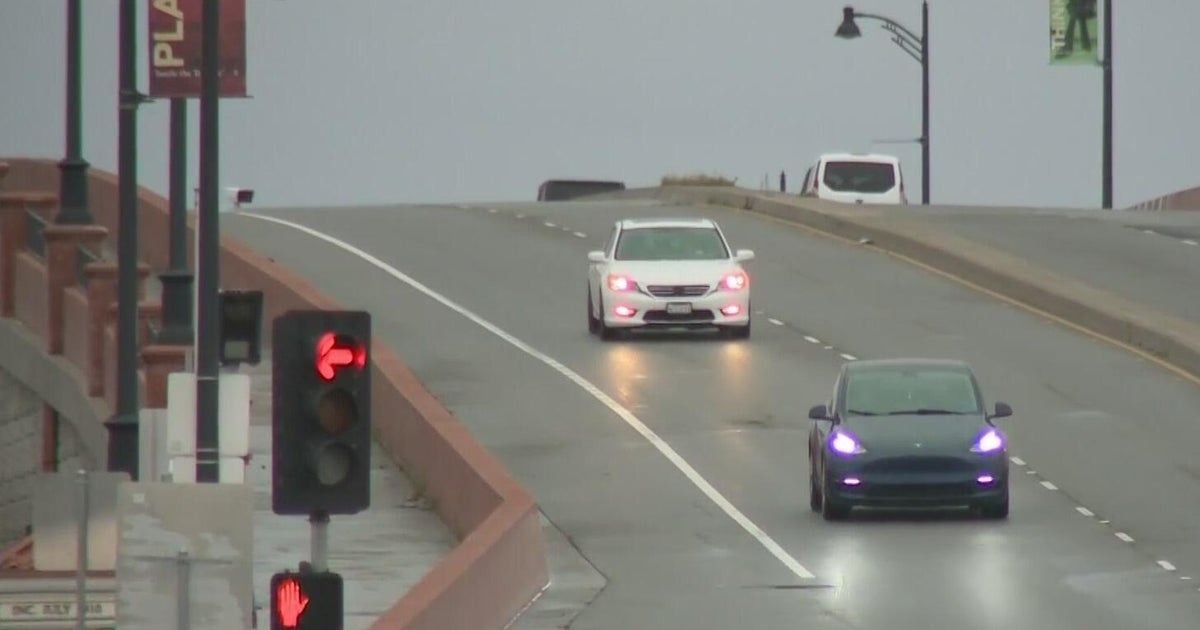Panel Warned Of Transportation Funding Uncertainty
ANNAPOLIS, Md. (AP) -- With future federal transportation funding in a state of considerable uncertainty, a panel of Maryland lawmakers was warned Wednesday not to expect nearly as much help from Washington as in the past to pay for highways and transit.
A state transportation official said federal road funding used to be stable and grew over the years. Now, as lawmakers and President Barack Obama battle over deficit reduction, there's no visible consensus on the direction for new spending, said Caitlin Hughes Rayman, assistant secretary of transportation policy for Maryland.
"This is not business as usual," Rayman told the Joint Committee on Federal Relations. "We can't even call it the new normal, because every couple of months there's a new hiccup, a new element introduced into the uncertainty."
Rayman also noted that transportation funding has become a highly charged partisan issue in Washington.
"The phrase you always heard in a presentation was there are no Democratic or Republican roads or transit systems or something else, but the point is there certainly are now," Rayman said. "You see a lot of political wrangling."
Much of the uncertainty is over the scheduled Sept. 30 expiration of the federal gas tax and the most recent extension of federal surface transportation programs.
Rayman told the panel that if Congress does not extend the gas tax, Maryland would lose between $45 million and $65 million in federal funds each month, and as many as 700 direct and indirect jobs would be affected.
"You have transportation chaos without the extension of the current gas tax, so that one should be done," Rayman said in an interview after the hearing. "Hopefully, it will be done in time and that shouldn't be an issue, but I think it's less certain what will happen on the authorization issue for surface transportation."
Rayman said lawmakers should brace themselves for continued uncertainty and either static or reduced funding levels in the next round of spending. She also said they should expect fewer programs and more competition for discretionary grants.
To underscore the seriousness of the dilemma, Rayman pointed out that legislation in the House of Representatives is proposing a 35 percent cut in surface transportation funding. That would force
Maryland to cut more than $170 million in projects per year. By contrast, the previous federal spending authorization for surface transportation increased funding over the previous measure for highways by 31 percent and for transit by 48 percent.
"We're not going to see those kinds of increases anytime soon, despite the fact that a couple of national level study commissions chartered by Congress have demonstrated needs significantly in excess of even the current levels," she told the panel.
Rayman told the panel the Maryland Department of Transportation is putting steps in place to weather delays in reauthorization or extensions.
"We have some ideas about how to handle just a one-month delay or a multi-month delay," she said. "We can take action to accommodate that gap. That doesn't mean that's an easy decision. It will come at the expense of advancing some projects and making some shifts, I think, in out years."
(Copyright 2011 by The Associated Press. All Rights Reserved.)
